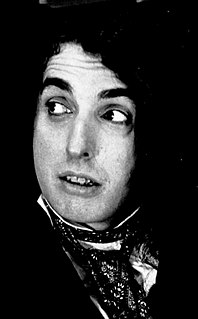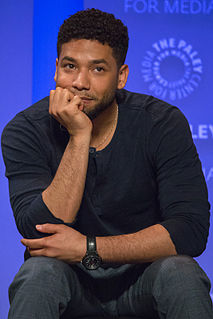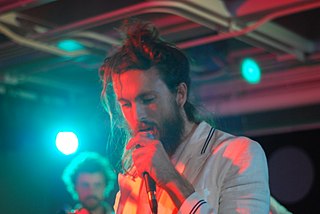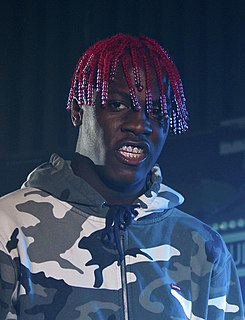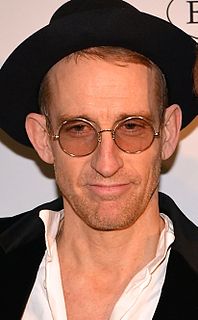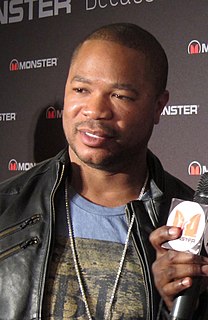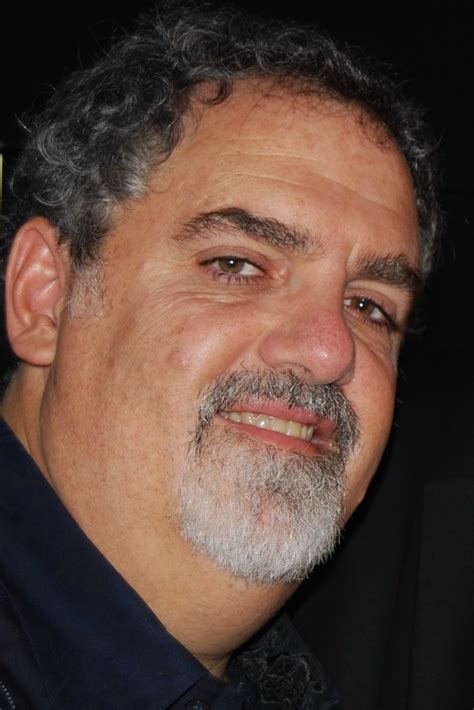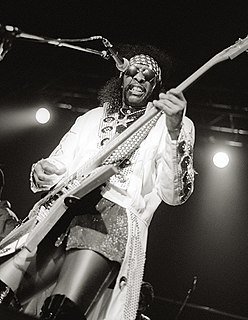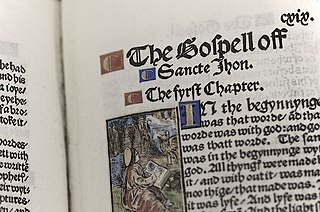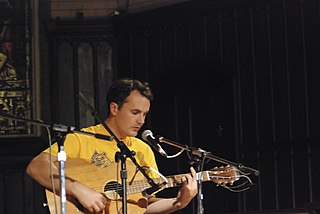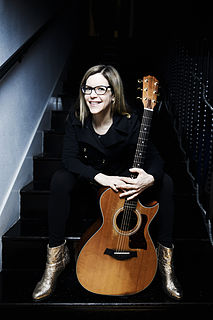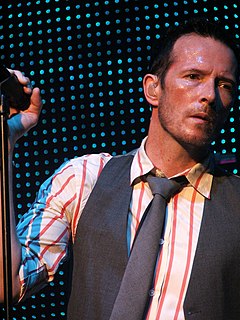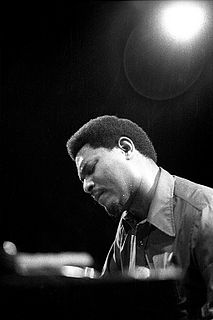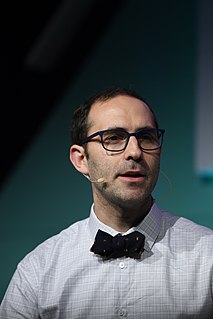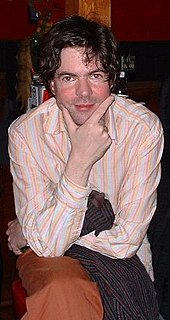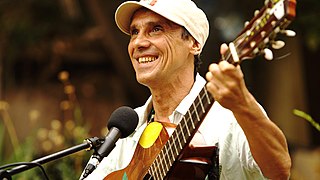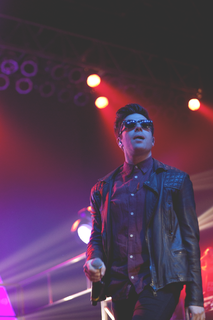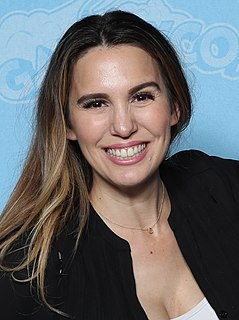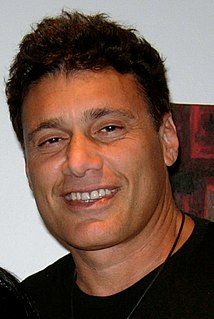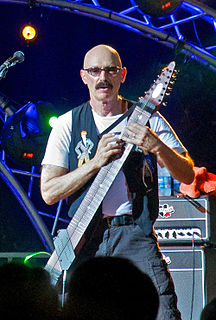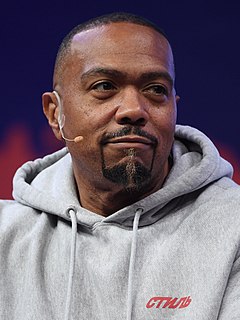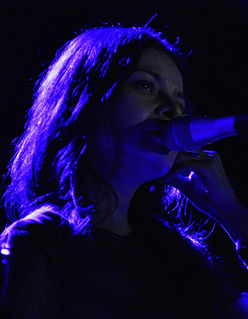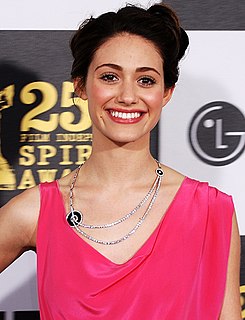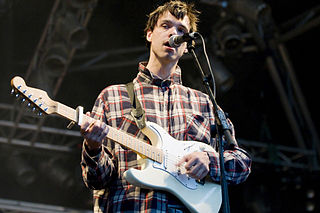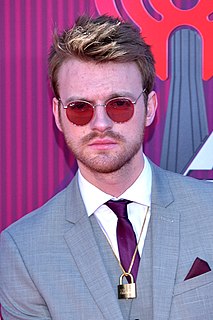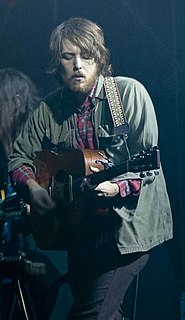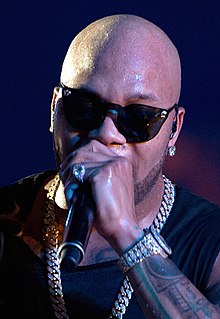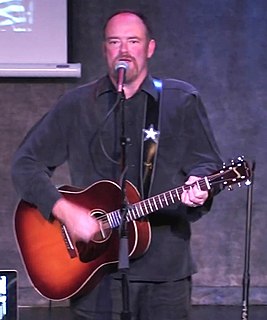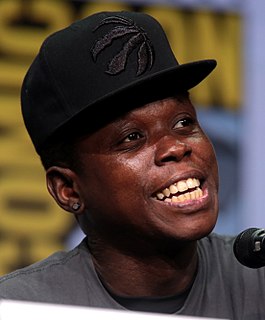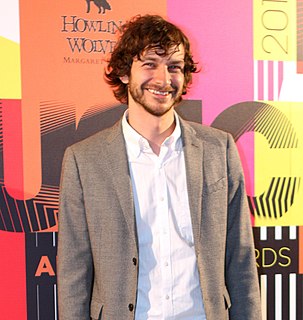Top 1200 Recording Music Quotes & Sayings
Explore popular Recording Music quotes.
Last updated on April 14, 2025.
One song isn't going to ever change things, but I suppose it's the accumulation of music generally [that is]. If you can imagine a world that has no music in it, it would be a very different world, so music does change the world by virtue of all the music in it. Cumulative music of every kind, from banging a drum to playing a flute or recording symphonies, or singing 'War, what is it good for?' All those things change the whole way we live.
I'm from the generation that's always been recording, from the very beginning. I learned to play the guitar on the four-track. I started listening to music at a time when people were doing recording at home, when the discussion about songwriting correlated to the discussion about producing and engineering. I think that's a description of my generation.
In recent years, you've probably read the articles about major recording artists who have decided to practically give their music away, for this promotion or that exclusive deal. My hope for the future, not just in the music industry, but in every young girl I meet...is that they all realize their worth and ask for it.
Soundgarden signing to a major, then Mother Love Bone, and seeing the same happen to Alice in Chains. We were all suddenly making music and recording at the same time, and we had money to do it. It wasn't like a $2,000 recording that you do over a weekend. It's like, 'Wow, maybe this will be our job.'
There's always this talk of the industry of music and about selling records and whatever, but that ignores probably the majority of music that isn't about trying to sell itself, that isn't about being connected to any industry. There's a huge amount of music where someone just happened to have a tape recorder and turned it on or hit the red button while they were in the back of church or recording something in their front room.
I like to sit in front of the computer, going through files of music, and recording the final vocals, guitars and what- nots. But the windows are always open and you can hear the crickets, birds, chickens, and even the sound of rain hitting the studio. The farm is a great place to hang out in, learn from and create music.
In the 1960s when the recording studio suddenly really took off as a tool, it was the kids from art school who knew how to use it, not the kids from music school. Music students were all stuck in the notion of music as performance, ephemeral. Whereas for art students, music as painting? They knew how to do that.
If you're recording the song on your four-track in your kitchen, when you finished writing the song, you're recording, and it's cool, and honor that. And maybe that's the version that should be released. And if you're recording the song again, it shouldn't be because there's a version you love that you're chasing. It should be because "You know what? I made a recording, but I don't love it emotionally." So, okay, then record again. And be in it and take advantage of the buzz and energy of "I'm getting to record right now!" It's such a beautiful and cool privilege.
I wouldn't have known when I was a teenager that when I was coming up to being a sixty-year-old woman that I'd be making music, I'd be recording music, talking about music, and incorporating my views on the world into the music-making. So it's a very rarefied place to be, and I'm very grateful for that.
Sour Patch, Swedish Fish. I love candy, man. I can't go without candy. And when I'm recording, I always have a TV on with cartoons - on mute, though. When I'm recording, I like to look at the TV now and then and see some crazy, wacky stuff. When you're thinking creative, it just keeps you creative. Everybody got their way of making music.
A big part of making music is the discovery aspect, is the surprise aspect. That's why I think I'll always love sampling. Because it involves combining the music fandom: collecting, searching, discovering music history, and artifacts of recording that you may not have known existed and you just kind of unlock parts of your brain, you know?
